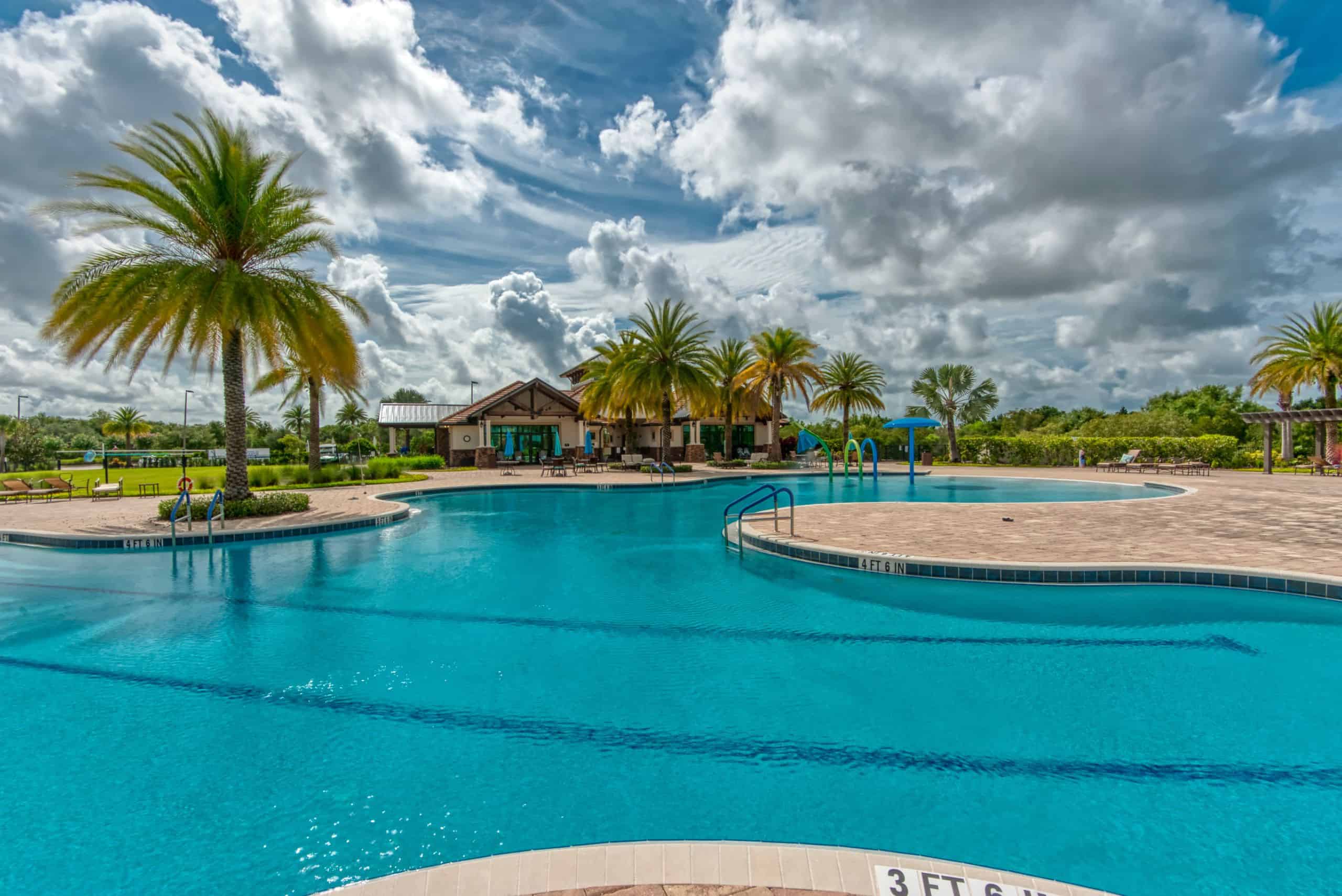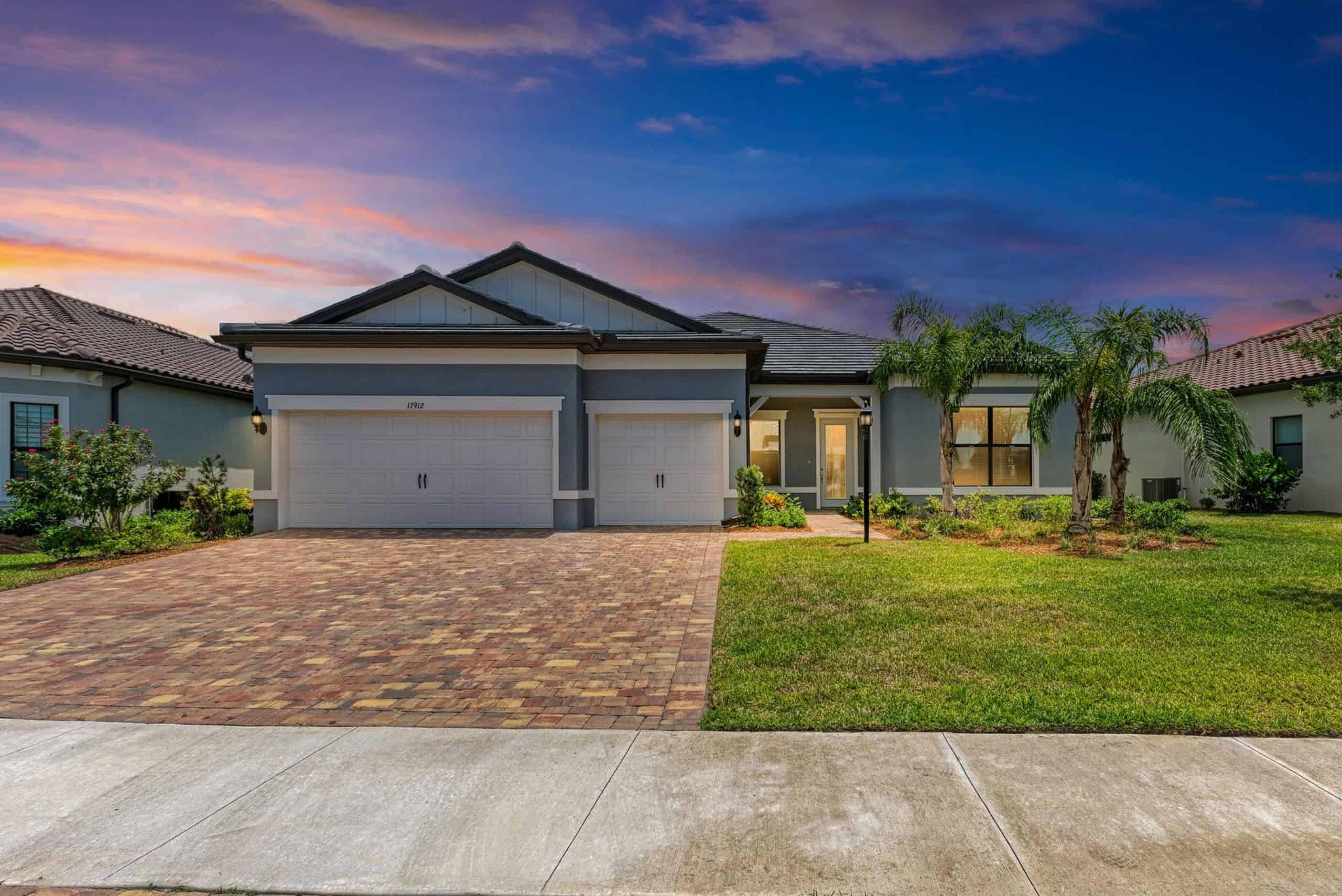Many retirees often overlook aspects that make it difficult to manage their expenses or deteriorate their lifestyle. Your future retirement community should be one you call home. Learn from these mistakes and find a home that allows you to celebrate your retirement, not hinder it.
Fill your days with enjoyment and relaxation when you choose a retirement destination that fits your needs. Avoid these mistakes people make when deciding where to retire.
Ignoring Financial Considerations
Some retirees may struggle with finding a retirement community that fits their budget. This includes accounting for the cost of living, healthcare, and any state taxes they may need to pay. Budget your retirement spending and select a community that accommodates your needs.
Budget Cost of Living
The cost of housing, groceries, and utilities differs widely between regions. Pick out regions that offer lower cost of living rates so that you won’t have to worry about making ends meet.
Allocate Healthcare Costs
People may underestimate or refuse to take advantage of the healthcare options they have available to them. Adequate medical facilities will offer different healthcare costs that could lower your co-pay for visits. As you search for a new retirement residence, look for accessible healthcare options in the area that reduce your out-of-pocket expenses.
Consider State and Local Taxes
State and local taxes are a large part of living within a retirement community. Income, property, and sales tax affect most purchases made on a daily basis. Maintain a steady budget and live in a state that fits your daily lifestyle.
Failing To Consider Climate and Weather
If you plan on relocating to a new state or a different region, it can be difficult to acclimate to the new climate. Prepare yourself for any weather changes and avoid residing in areas that could be dangerous to your health.
Adapt to Seasonal Changes
Extreme and unpredictable weather could affect some regions more than others. While some states may be warm all year, they could also experience heavy storms in the spring or frost-bitten winters. If you’re relocating to a new part of the country, consider how their temperatures and climate changes throughout the year.
Avoid Natural Disasters Hotspots
Areas that are prone to hurricanes, earthquakes, or floods are dangerous for residents—especially retirees. These events can be disruptive to your everyday life and lead to severe costs for your property. Determine which regions are at risk for frequent natural disasters and avoid selecting homes located in those areas.
Prioritize Air Quality
If you have a history of respiratory issues, air quality is an important aspect in your everyday life. Areas susceptible to smog or air pollution could lead to severe health complications for residents. Prioritize your health and reside in areas where emissions and air pollution are low.
Neglecting Social and Recreational Opportunities
One of the benefits of living in a retirement community is the ability to meet new people who share your interests and passions. Don’t isolate yourself in your new community—plan to engage with your neighbors and any nearby family members.
Assess Community Engagement
Search for communities that encourage involvement by hosting events at community centers and clubs. A sense of community uplifts your mental health, ensuring you won’t suffer from isolation and loneliness. Walk around these neighborhoods and determine if they have social events that you can participate in once you move in.
Stay Close to Family and Friends
Don’t stray too far from your family and friends. If you choose a retirement location far away from your loved ones, you could be spending more on travel time and costs when you want to visit. Look around your nearby areas to stay connected and strengthen your relationships.
Participate in Recreational Activities
Retirement is the time to indulge in your passions and take on any recreational activities you want to explore. Choose a destination that allows you to participate in your hobbies so you can maintain a healthy and active lifestyle. Whether it’s golfing, hiking, or artistic hobbies, you want to locate retirement homes that offer opportunities to discover new interests.
Underestimating the Importance of Infrastructure
Retirees often make the mistake of deciding to retire in areas that lack accessibility options. Look out for transportation and other accessibility options both within and surrounding your new home.
Use Public Transportation
Public transportation helps you navigate your local neighborhoods without the need for a personal vehicle. Some retirees may be unable to find reliable transportation if they can no longer drive. Choose retirement destinations that offer accessibility options for all members of their community.
Seek Internet and Technology Access
Having a reliable connection to the internet grants you access to any healthcare services or finances online. These features also help you stay connected to any long-distance loved ones you may want to speak to. Find trusted internet providers and see what areas they cover.
Reside Near Essential Services
If your residential home is far from local towns or cities, it could be harder to buy the necessities you need. This is also important if you don’t have reliable transportation to drive to these places for long distances. Choose a residential spot located near essential businesses such as grocery stores, pharmacies, and healthcare facilities.
Failing To Plan for Future Needs
In the moment, your retirement community could look like the perfect spot for your new home. Some people, however, may cloud their judgement by failing to plan for the future. Consider how this home will grow with you and wheter you can find enjoyment within its walls for years to come.
Decipher Long-Term Care Options
Long-term care is an important aspect of retirement planning. As time progresses, you may see changes in your healthcare, or your medical expenses may rise. Prepare for the future by looking for assisted living facilities or in-home care services in the areas you’re considering.
Grow Outside of Your Home
Many retirees may prefer to stay in their own homes without exploring their options. With the resources and amenities retirement communities provide, they could be more suitable for your retired lifestyle than your current residence. Find homes that accommodate aging individuals and their needs.
Consider Financial Planning
Any future expenses with healthcare, home modifications, or daily essentials could sneak up on you if you’re not ready for them. Plan for the unexpected and account for any financial challenges that may come your way in retirement. This way, you can spend less time managing expenses and more time using your savings to enjoy your new lifestyle.
From the healthcare to the financial aspects, choosing a new place to live can take time. Find a residential home catered to your needs and beliefs with accessibility and social options. Once you choose the right home, you can start pursuing your passions and achieving your new lifestyle.
If you’re looking for retirement communities in central Florida that offer these resources and amenities, get in touch with one of our realty experts. Our team can guide you through the process, so you won’t have to worry about making these mistakes. Start living out your retirement in relaxation by keeping these factors in mind.




